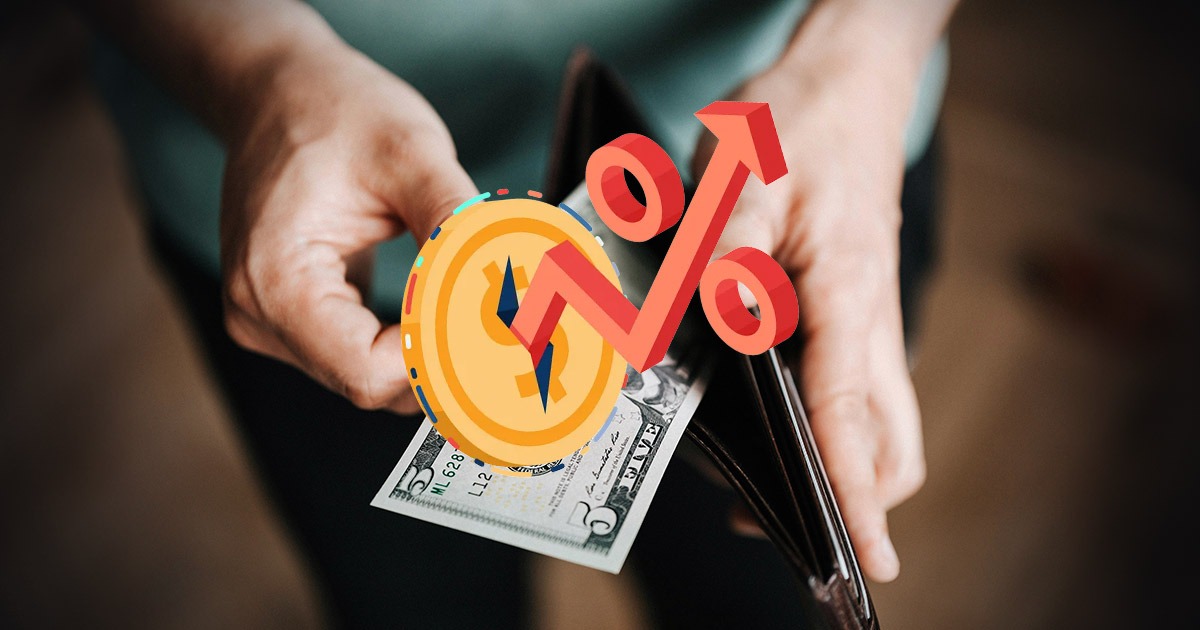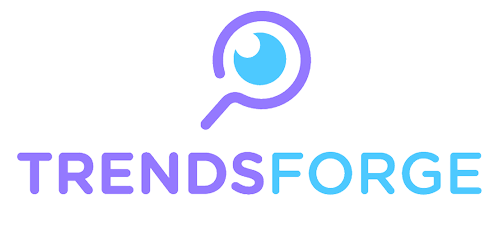The Impact of Higher Interest Rates on your Money
As widely known, the federal government has recently increased a benchmark interest rate for the first time in years after it remained historically low for an extended period. The effects include raise of interest rates to the current ones by an addition of fifty percent.

You must have come across those articles in the newspapers or magazines or those online articles that you come across everyday. Increasing rates of interests are common in the United States through the Federal Reserve that recently raised the interest rates by half a percentage point in May of 2022. Despite appearing as a slight change, this has been the biggest spike in the crime rate since the year 2000. In his remarks, the Fed Chairman Jerome Powell was very clear on the intention of to achieve price stability.
But how does all of this effect you, the typical American trying to satisfy financial obligations and save for retirement? Are increased interest rates useful or damaging to the overall economy? Will living expenditures skyrocket?
Federal Interest Rates
First, let’s step back. What precisely are federal interest rates, and why do they matter?
These rates serve as a basis for the interest rates that banks charge each other for short-term loans. They have an impact on a wide range of adjustable-rate consumer lending products. Previously hanging between 0.00% and 0.25%, an extremely low range, the most recent revision places it between 0.75% and 1.00%.
Federal interest rates influence many aspects of our economy. They raise the cost of borrowing for firms and consumers, which often reduces spending. Furthermore, they may reduce the profits on your savings account. Some financial analysts expect that the Federal Reserve will gradually raise interest rates until they reach 3.00 percent.
Understanding The Impact of Rising Interest Rates.
Federal government reveals that after a long period of historic lows, the federal government recently announced a 0. a 50% increase in interest rates that would dramatically affect the overall monetary system and cost of funds. This action aims at slow increases in inflation rates that have been escalating to record high levels.
It might be rather familiar to you, focusing on the actions of the Federal Reserve: for example, interest rates have been raised by 50 basis points in early May 2022 which is the largest hike in 22 years. In their speech, Fed Chairman Jerome Powell reaffirmed their determination of keeping inflation low over the extended time and expectations of more rate hikes in 2023 and 2024.
However, how does it impact the general populace being the typical American to perform his or her daily expenditure and provision for the retirement? On this basis, is it helpful or detrimental in having higher interest rates within the economy? And are we expecting inflation and costs of living to rise even higher?
Let’s go into the specifics and see how rising interest rates will affect your household budget.
Federal Interest Rates: Overview
To begin with, it is necessary to explain the notion of Federal Interest Rate and its role in the system. This rate is the prime rate and it is used in setting interest rates on short term borrowing with Banks as well as a reference point in setting many adjustable-rate consumer loans. Earlier, it varied from 0. 00% to 0. The previously estimated fluctuation of this Index is 25%, while the latest change has placed it between 0. 75% and 1. 00%.
The Federal Interest Rate is directly linked to other economic factors and, by increasing the cost of credit, it reduces spending among firms and consumers. Moreover, it affects the returns on savings accounts and there are expectations that this will rise to about 3% in the future gradually. The nonperforming loans stood at 00%, which indicates that it is the first time it has hit that level since the 2008 housing crisis.
Impact on Mortgage Payments
Individuals with variable rate mortgages, which are directly tied to the federal interest rate, are among those who suffer the most acute consequences of rising interest rates. Fixed-rate mortgage holders, on the other hand, benefit from payment consistency, but with the possibility of greater interest rate modifications upon renewal.
For people with variable rate mortgages, the impending payment rise highlights the inherent risk associated with this form of mortgage, in which advantages during rate cuts are offset by higher expenses during rate hikes. It is recommended that you explore the option of locking in a favorable rate with your mortgage provider before future escalations occur.
Considerations for Renters
The effect on renters varies depending on jurisdictional rent control laws and practices, though rising interest rates are a primary concern for landlords. People living in areas where such rules exist are shielded from sudden, extremely high rent hikes, others, however, can see their rent skyrocket as the landlords feel the burden from increasing mortgage rates.
It is important to know the current laws that surrounds landlord/tenant issues to ensure that you are able to stand up for your rights as well as to avoid any unnecessary complications when experiencing a possible increase of the rent.
Navigating Auto Loans and Consumer Financing
Interest rate swings have an impact on vehicle loans and other consumer financing alternatives, just like mortgages. Variable-rate financing arrangements may result in abrupt cost increases, but fixed-rate solutions provide some degree of stability. Individuals considering such purchases may want to move quickly before interest rates rise more.
Credit Card Dynamics
While credit card interest rates often exceed the base federal rate, those with variable Annual Percentage Rates (APRs) may face greater interest payments and monthly minimums. Individuals seeking their first credit card may face increased scrutiny and stiffer approval criteria as interest rates rise.
Private Student Loans and Savings Return
Federal student loans are unaffected by federal interest rate modifications, providing borrowers with stability. Individuals who have private student loans or have refinanced federal loans through third-party companies may encounter swings in their payback responsibilities.
On a plus side, when interest rates rise, savings accounts will provide bigger returns, albeit gradually. However, it is critical to understand that these gains may not beat inflation rates, reducing the purchasing power of accumulated funds.
Entrepreneurial Landscape
Rising interest rates frequently cause a halt in small business beginnings, as borrowing for early capital becomes more expensive. Despite this setback, high inflation and interest rates can reduce unemployment by requiring competitive wage packages and creating a favorable atmosphere for job seekers.
Strategies for Dealing With Higher Interest Rates
While the trajectory of interest rates is beyond individual control, taking preemptive measures can help to limit their impact on personal finances.
Maintaining a good credit score is essential since it determines the interest rates offered on future credit transactions. Consistent attempts to enhance creditworthiness, combined with sound financial management, can mitigate the negative consequences of rising interest rates.
In conclusion
As inflation rates rise, the decision to hike interest rates seeks to restore economic balance, although at the expense of higher borrowing costs for both consumers and companies. Understanding the significance of these changes for personal finances enables individuals to make prudent borrowing decisions and adjust their budgetary strategies accordingly, ensuring financial resilience in the face of changing economic environments.






